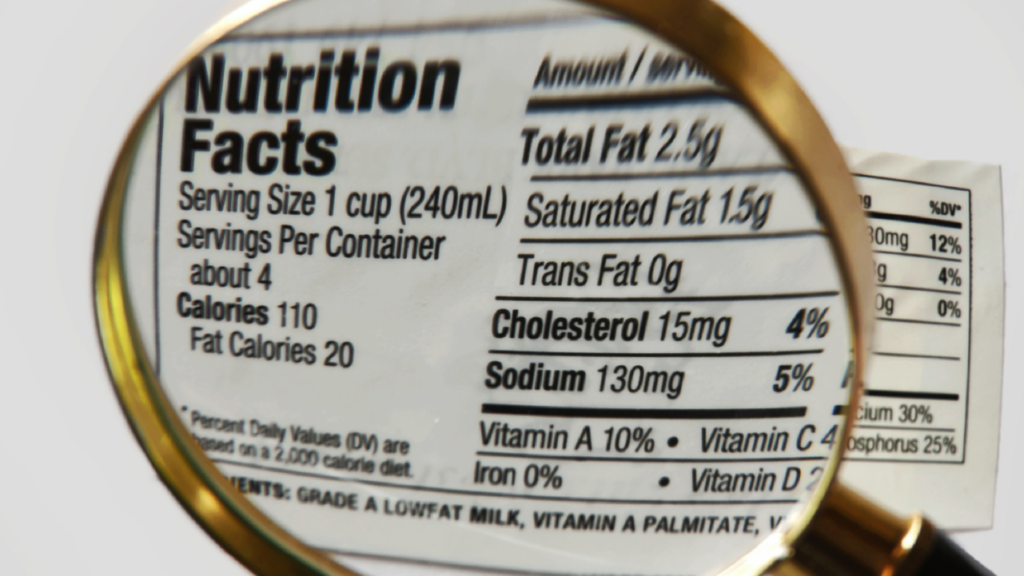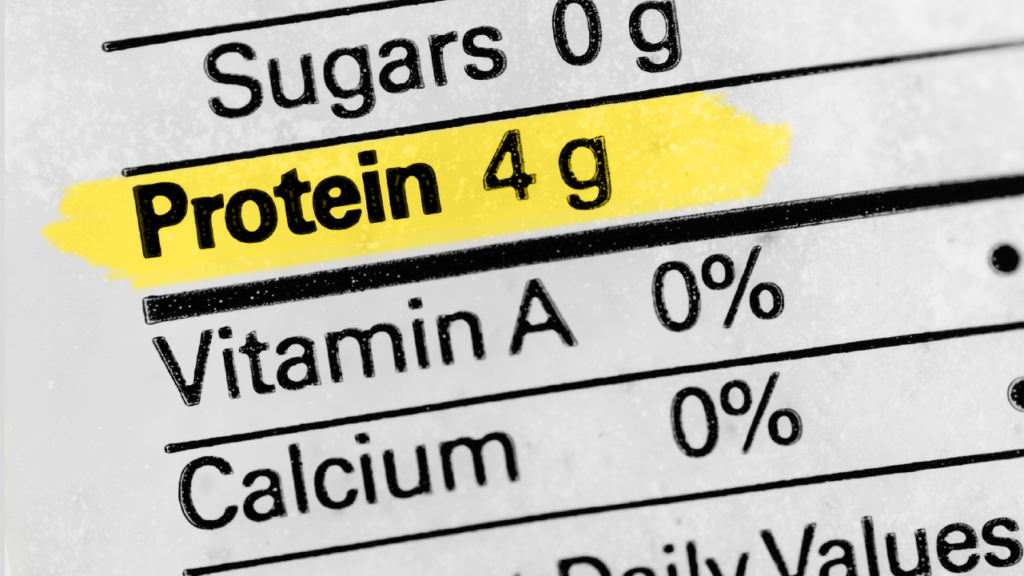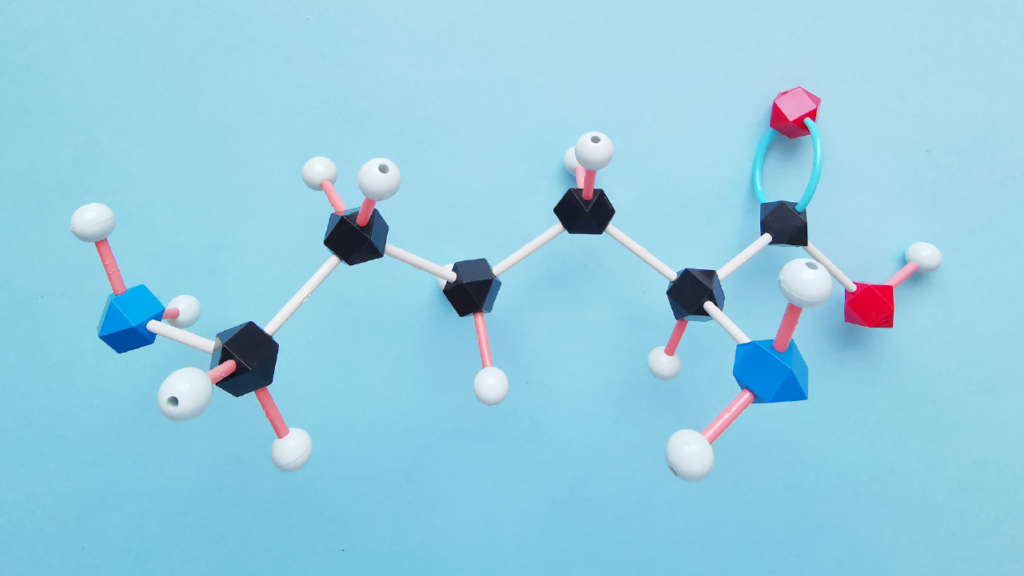

It is no secret that protein powders are among the most popular dietary supplements on the market.
There are many types of protein available, but whey is the most popular. However, other protein powders made from plant sources are also picking up steam.
This blog offers some suggestions for deciding which protein powder can best suit your needs and goals.
Pea Protein Vs. Whey Protein: What’s The Difference?
One of the most significant differences between pea and whey protein is the source of the proteins used.
The process of making whey protein involves isolating whey, a milky byproduct leftover from the cheesemaking process. Many whey protein powders contain the milk sugar lactose since it is obtained from milk.
Pea protein is lactose-free and plant-based. It is isolated from legumes, specifically yellow split peas.
Pea protein and whey protein powder have a few notable differences. Let’s have a look at them:
Allergies

While many forms of whey protein contain allergens such as lactose and gluten, most forms of pea protein are allergen-free.
This makes pea and other plant-based protein powders appealing to people with food allergies or people following a dairy or gluten-free diet.
Pea protein powder may be easier to digest for people allergic to dairy products or gluten intolerant. When they use it rather than whey protein, they may feel less gassy and bloated.
Pea and Whey Protein Nutritional Facts

Both pea protein and whey protein are rich in protein, which is an important nutrient. What else do these offer? Check it out!
A 20-gram serving of pea protein isolate delivers the following nutritional benefits –
- Calories: 80
- Protein: 15 grams
- Fat: 1.5 grams
- Carbs: 1 gram
- Fibre: 1 gram
- Calcium: 58 milligrams
- Iron: 5 milligrams
Whey protein isolate powder in the same portion provides:
- Calories: 78
- Protein: 18 grams
- Fat: 0.36 grams
- Carbs: 0.4 grams
- Fibre: 0 grams
- Calcium: 86 milligrams
- Iron: 0 milligrams
When it comes to protein, both pea and whey protein powders are excellent choices. They’re also fairly low in carbs, fat, fibre, and sugar and low in calories and fat.
Whey protein contains more calcium and potassium than any other protein since it is made from milk. In contrast, pea powder is richer in iron. Legumes, including peas, are a good source of this nutrient.
Peas and whey protein may also contain beneficial properties, according to studies. As antioxidants and disease-fighters, these plant compounds may offer numerous health benefits.
Protein Content

Whey protein has a few more grams of protein per serving than pea protein.
However, the exact protein content varies between brands and is dependent on the scoop or portion size recommended by the brand.
Although both pea and whey are high in protein, the forms of protein found in each can vary. Animal protein sources, such as whey, are generally easier for the body to absorb and use in muscle-building activities.
Amino acids

Amino acids are the building blocks of proteins. Nine amino acids that the body requires are called essential amino acids, and your body cannot produce them by itself.
Whey protein powder is a complete protein as it contains all nine essential amino acids. Leucine, isoleucine, and valine are among the essential branched-chain amino acids (BCAAs) found in this product.
Whey is one of the major sources of essential amino acids. All of the essential amino acids are present in pea proteins. Methionine, one of the nine essential amino acids, is present in very small quantities.
In other words, some pea protein powders may not be complete proteins.
Still, pea protein is a rich source of amino acids when compared to other plant-based protein sources. Hesperidin and phenylalanine are among the essential amino acids found in whey protein.
Health Benefits & Uses
People consume Protein powders for a variety of reasons.
In addition to building strength, repairing tissue, and maintaining muscle stores in the body are the most popular reasons for exercising.
In addition, people use them as diet foods, to increase protein intake, and even to shed some pounds.
Helps In Muscle Gain

Protein supplements help people gain muscle the most when their diets are deficient in protein.
People whose diets already have adequate-protein, on the other hand, may not notice any major changes.
Due to its amino acid abundance, it may appear that vegan whey protein would outperform pea when we talk about being effective in muscle building.
On the other hand, Pea and whey protein powders are proven to have similar results for muscle thickness and repair when used after high-intensity and resistance exercise in many recent studies.
Assists In Losing Weight

Pea and whey protein supplements exhibited similar effects on appetite and food intake in a small study of men. The animal and plant protein sources differed just slightly.
Indeed, research has discovered that whey protein supplements have little effect on weight loss.
According to some prior research, Pea protein may have a stronger influence on appetite and feelings of fullness than whey protein. Theoretically, both of these things could influence weight loss.
Other research revealed that pea protein supplements had no major effect on appetite.
Pea protein’s increased fibre content could be another reason why it can help individuals feel full for long.
The Bottom Line
If you’re looking to build muscle or lose weight, pea protein may be a better choice than whey protein.
Pea protein powder is vegan-friendly, while whey protein powder is not suitable for vegans. Although not as common as whey protein powders, pea protein is still available in some stores.
Also, some organic pea protein powder brands may be more costly than whey protein powders, depending on the manufacturer.
Your budget, dietary requirements, and personal choices are factors to consider when deciding between pea and whey protein powders.




